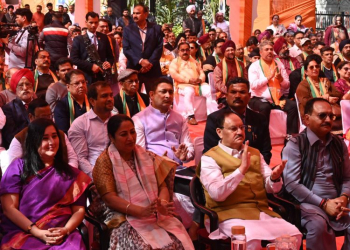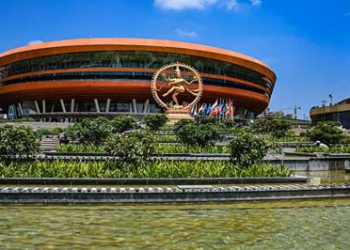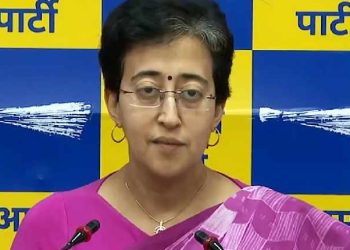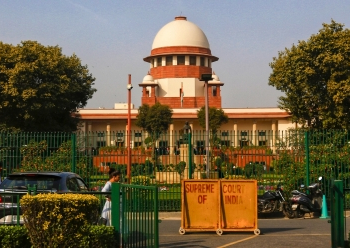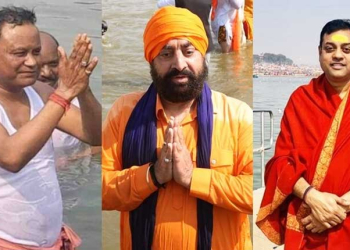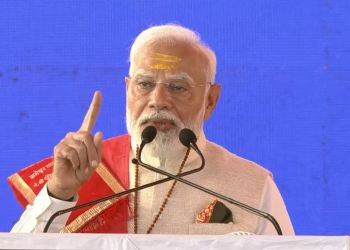Bhopal: The Madhya Pradesh government on Tuesday submitted the second report of the Other Backward Classes Welfare Commission (OBC Commission) during the hearing on its plea for modification of the May 10 order of the Supreme Court.
The state government told the apex court that the OBC Commission’s report is in relation to the percentage of local body wise reservation and argued that the court should rely on this report. Meanwhile, the government also requested the apex court to allow it to issue notification for the reservation for OBCs on its basis.
The government has presented the 2011 population figures for giving OBC reservation. According to this, the total number of OBCs is reported to be 51 per cent of the population. The government believes that if OBCs get reservation on this basis, then justice will be done to them.
During the hearing, advocate Shashank Ratnu, who appeared for the OBC Mahasabha, questioned the need for a triple test for providing reservation to OBCs. “Whether the triple test is even required or not in the light of the latest 102nd and 127th constitutional amendments which have defined and identified the SEBCs (Socially and Economically Backward Classes),” Ratnu said.
Talking to IANS, Ratnu claimed that the court has taken cognizance of his question raised during the hearing. “Now the court will decide whether further triple tests will be needed or not,” he added.
After hearing all the parties, the apex court has fixed the matter for Wednesday.
The Madhya Pradesh Government has filed a petition for modification of the Supreme Court’s May 10 order directing the State Election Commission to notify the programme for local body polls within two weeks.
The Supreme Court had ordered the State Election Commission on May 10 to conduct three-tier panchayat and urban body elections without OBC reservation. For modification in this order, the Madhya Pradesh government filed an application in the Supreme Court on May 12.
The apex court also stated that the election process cannot be delayed as it would result in creating a hiatus situation upon expiry of the five-year term and it is the constitutional obligation of the authorities to hold elections on time.
(IANS)



